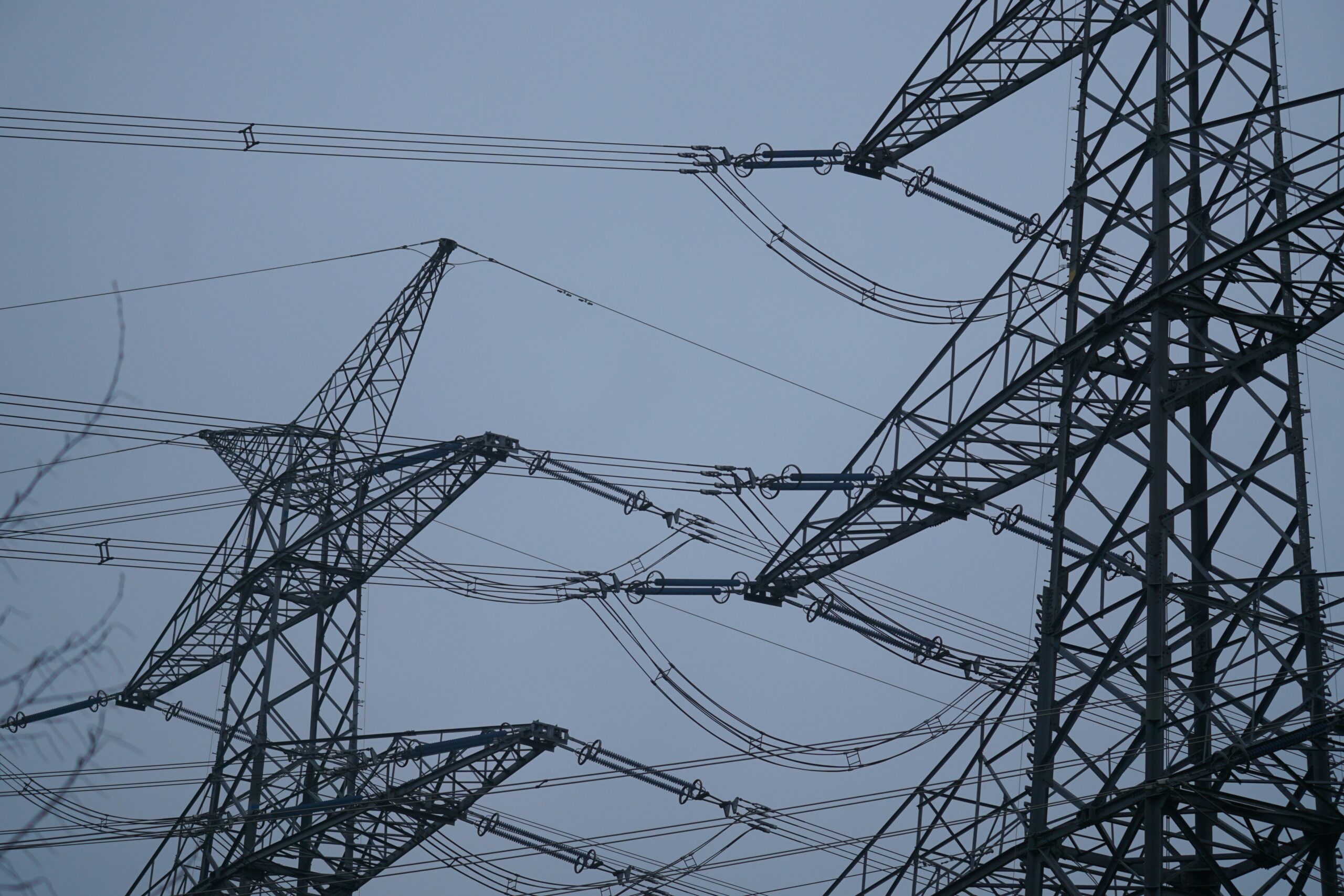
Policy Update
Amid High Energy Prices, State Lawmakers in the Mid-Atlantic Push For Greater Transparency from Transmission Operator PJM
September 16, 2025
Overview
In 2025, eight states pursued legislation to increase transparency around electric utilities’ role in PJM Interconnection, the regional grid operator for the Mid-Atlantic and Midwest. Since the first bill was introduced in 2023 by Maryland, more states across the PJM region have continued to introduce transparency legislation — leading to bipartisan progress this session and a clear signal of mounting concern over PJM’s decision-making.
- Why It Matters: Regional Transmission Organizations (RTOs) manage the energy capacity market, ensuring electricity supply meets demand while maintaining adequate reserves. Decisions made by PJM directly impact the consumer cost of electricity and a state’s ability to implement renewable energy goals. Coordination between RTOs and states is paramount for ensuring the best outcome for consumers.
The Specifics: PJM Transparency Bills Gain Ground
States that have considered PJM transparency legislation in 2025 include Delaware, Illinois, Indiana, Pennsylvania, Maryland, New Jersey, Virginia, and West Virginia.
Three years since the first bill of its kind was introduced, Maryland (HB0121 / SB0037), Delaware (SB61), and New Jersey (A5463) all enacted legislation in 2025, with Pennsylvania’s bill (HB1599) passing the House this session – all with bipartisan support.
Broader Context: Why States Are Seeking PJM Transparency
The increasing number of states introducing these types of policies is reflective of a larger trend of discontent with the regional grid operator. Electricity prices in the Mid-Atlantic are increasing by almost 30% in some areas, with more price increases expected as the year progresses. Rising costs have been blamed on a rapid increase in new data center development, failure to interconnect battery storage, solar, and wind in a timely manner, double-charging for power plants, and gas reliability issues.
In Their Words: Bill Sponsors in PJM States
- Maryland State Delegate Lorig Charkoudian: “Utility bills are rising, the planet is heating, and PJM policies are keeping low-cost clean energy from coming online at the pace it is needed. It is imperative that lawmakers and the public understand how these decisions are being made at PJM so that we can hold decision-makers accountable. This bill is a first step in that transparency.”
- New Jersey Assemblyman Robert Karabinchak: “Rising energy rates are simply unacceptable and we must continue to fight on behalf of the ratepayers to bring those costs down. I’m proud to see Bill A5463 signed into law and I know that it will help ensure PJM members take responsibility for their decisions, increasing the public’s confidence in the decisions being made. This is an important benchmark in our efforts to address energy affordability.”
- Delaware State Senator Stephanie Hansen: “Delaware is one of the 13 states that are members of PJM, which means that all PJM-led decisions will directly impact our state’s energy future. Whether it’s what kind of generation gets built, the reliability of our grid, or the wholesale price of electricity that Delawareans pay – PJM’s decision affects the daily lives of all Delawareans. This legislation ensures that Delawareans will have greater transparency into how these decisions are made by requiring reporting on stakeholder votes. This is not about pointing fingers: it is about ensuring accountability, reliability, and consistency with our neighboring states.”
Looking Ahead
State legislators are also investigating how to reduce energy bills for their constituents through other legislative levers. See NCEL’s Data Center Issue Brief, Clean Energy Siting and Permitting Fact Sheet, and Utility Briefing Book for more information on policies states are pursuing to lower energy bills.
To learn more about specific policies and state legislative trends, visit NCEL’s Bill Tracking Map.